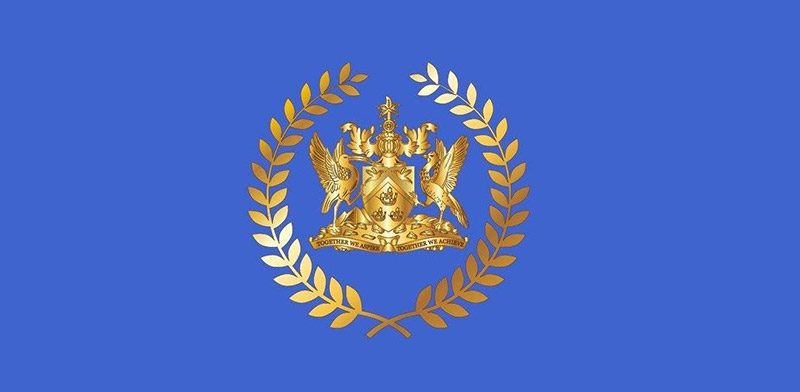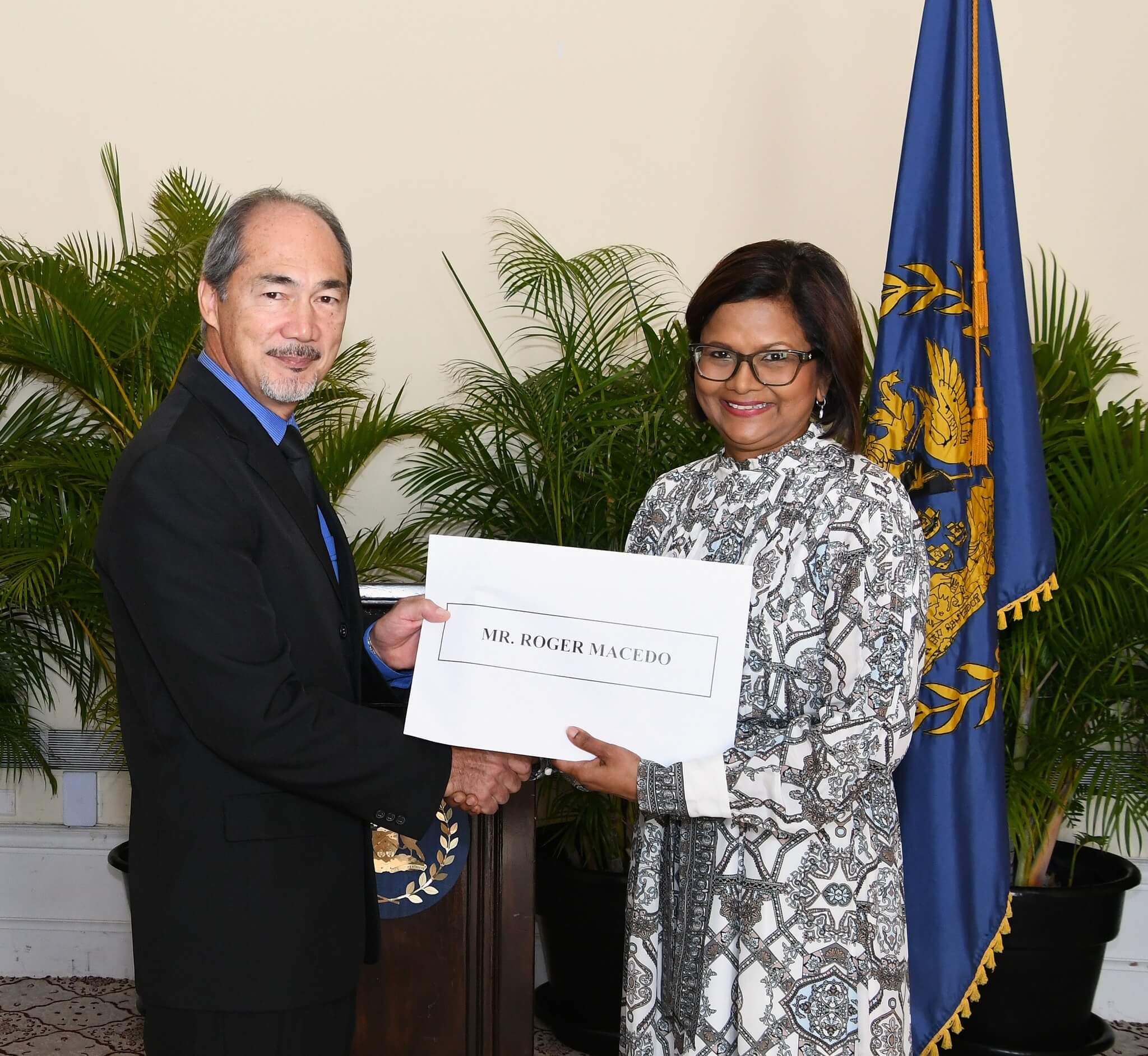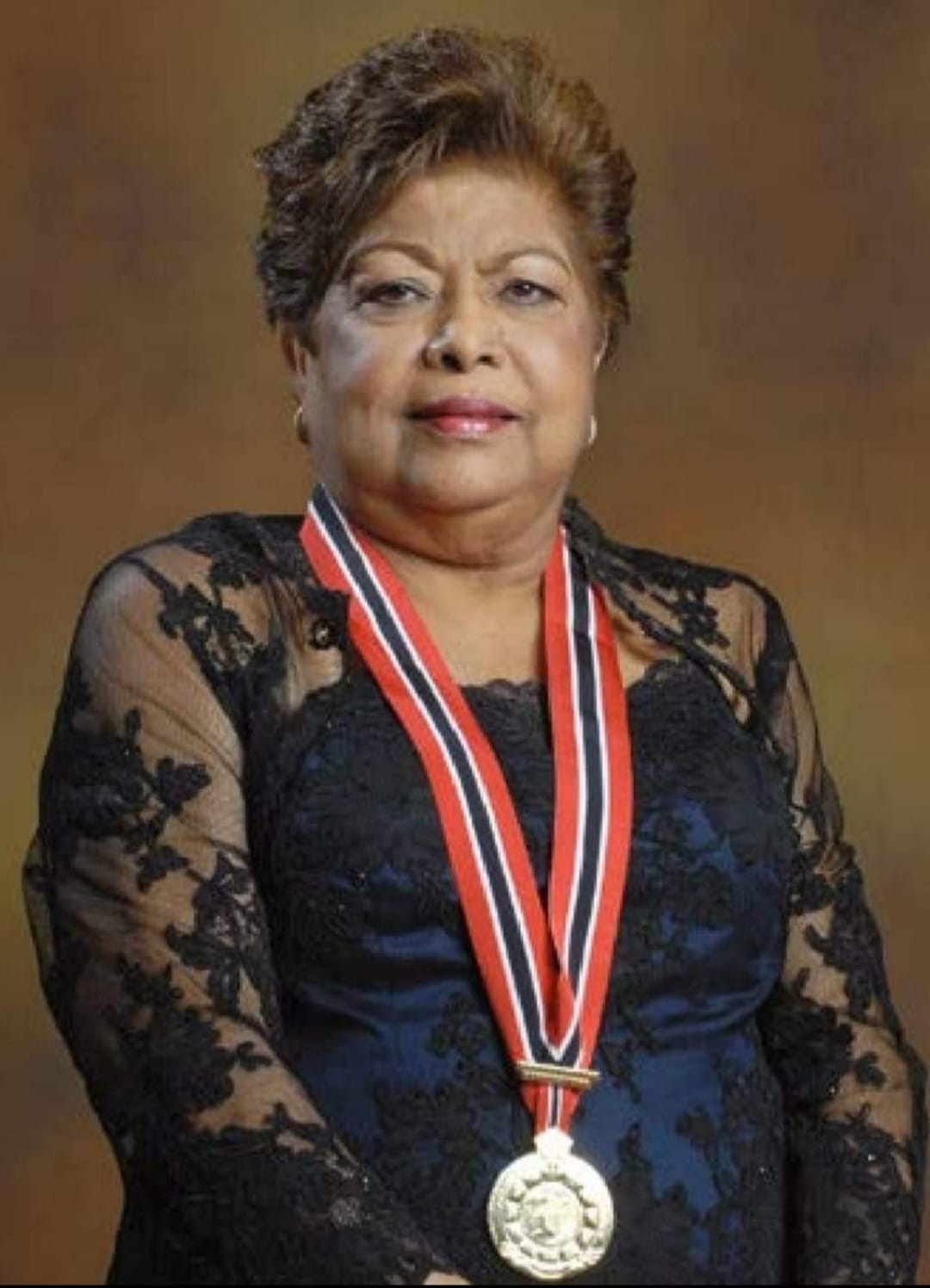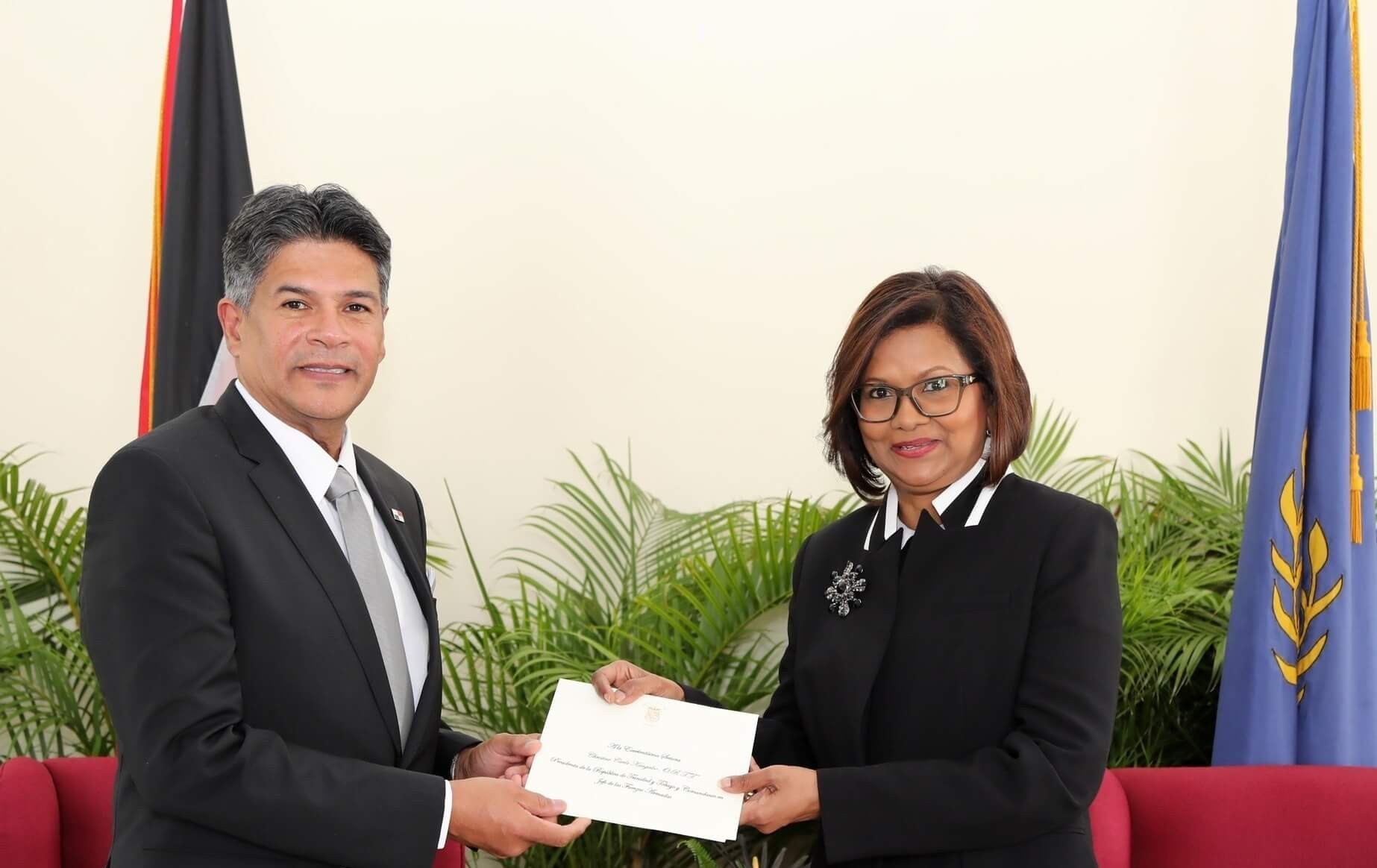Although education is a fundamental human right, the United Nations estimates that 265 million children and adolescents around the world cannot read or do basic math, and are regularly denied the opportunity to go to school. Education is at the core of human development; it provides a pathway to a bright and promising future and can break the cycle of poverty and deprivation.
The International Day of Education highlights the importance of inclusive and equitable quality education and lifelong learning opportunities for all. Its 2020 theme, ‘Learning for people, planet, prosperity and peace,’ explores the impact of learning on human progress, the environment, economy and society and its significance to the success of all 17 United Nations Sustainable Development Goals (SDGs).
Trinidad and Tobago has long benefited from substantial state investment in education. Unlike many of our regional and international counterparts, primary and secondary schooling are free, while tertiary education is heavily subsidised. Our young people enjoy almost unfettered access to quality education, but at the end of their schooling often emerge ill-equipped and unprepared to navigate the world of work successfully.
If we are to achieve our developmental objectives, including our commitment to the 2030 SDG Agenda, our education system must be streamlined to effectively bridge the yawning gap between the education and employment of our youth. Empathy and critical thinking skills need to be an integral part of that process.
I take the opportunity of the International Day of Education to advocate for a more holistic approach to education, so that our young people can achieve their fullest potential, and thereby lead this nation into a secure and prosperous future.







